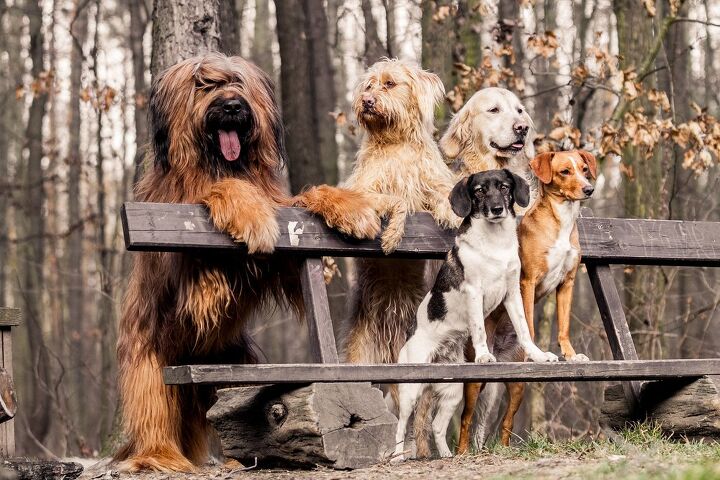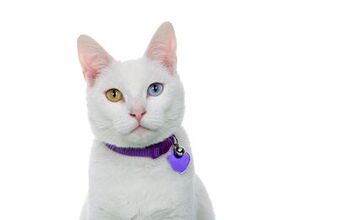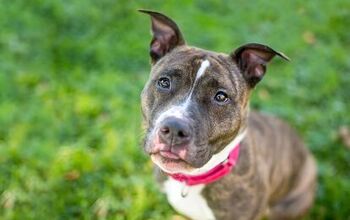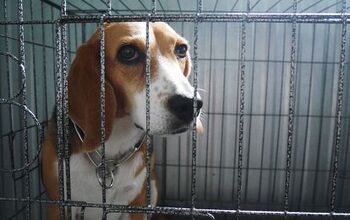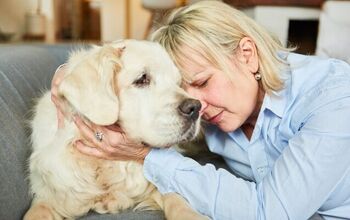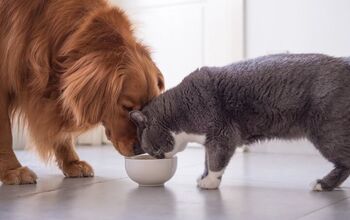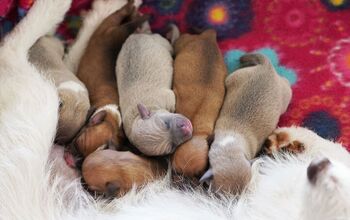6 Ways to Help Your Dog Make Other Dog Friends

Some dogs are natural extroverts – they love spending time with other dogs and people, and any day they get to make a new friend is a great day. Not all dogs are good with other dogs, however, and some dogs have trouble making friends.
As a dog owner, it is important to properly socialize your dog and that means making sure that he gets along with other dogs. But how do you help your dog make friends with other dogs? Here are six ways to do it.
Related: Should You Bring Your Nervous or Reactive Dog to the Dog Park?
How Exactly Do Dogs Make Friends, Anyway?
If you think about your best three friends and how your relationship with them started, it probably had something to do with common interests. Humans typically make friends with people with whom they have things in common, but things are a little bit different for dogs. After all, most dogs are interested in the same things – food, playing with toys, and going for walks. So, how do dogs make friends and how do they decide which dogs to be friends with?
One thing you need to keep in mind is that most canine communication is non-verbal. When two dogs meet for the first time, they utilize olfactory clues and analyze body language to get a feel for each other. If both dogs are friendly and sending out positive vibes, they’re more likely to become friends. Sometimes, however, it’s not quite that simple. Dogs also make friends based on past experiences. For example, if your dog had an altercation with a German Shepherd in the past, he will be wary around the breed in the future and may be less likely to make friends with another German Shepherd.
Related: The Emily Post Guide To Proper Dog Park Etiquette
Try These 6 Tips to Help Your Dog Make Friends
Dogs usually decide pretty quickly after meeting another dog whether they want to be friends or not. Even so, however, there are things you can do to help your dog form friendships with other dogs. Here are some ideas you can try:
- Start socializing your dog as early as possible. Puppies are extremely impressionable during their first 6 months, so take this time to expose your puppy to other dogs so he is more likely to form positive associations with new dogs later in life.
- Organize one-on-one playdates with other dogs. When your puppy is still young, it’s not a good idea to take him to the dog park but you can organize playdates with other dogs. Just make sure they are similar in size and temperament to increase their chances of getting along.
- Have your dog neutered or spayed. Not only does having your dog fixed reduce his risk for certain health problems, but it can also influence his behavior and reduce the likelihood that he will become overly aggressive or territorial with other dogs.
- Pay a visit to the dog park. Once your dog is a year old, fully vaccinated, and trained for obedience you can take him to the dog park to interact with other dogs.
- Make friends with other dog owners. If you want your dog to have other dog friends, you’ll need to make friends with other dog owners. Find someone with whom you get along (and your dog gets along with their dog) and then spend time together at home or going for walks.
- Use positive reinforcement. Even if your dog is friendly by nature, he could still be nervous around other dogs and one negative experience could cause major problems. To encourage your dog to make friends, make sure his experiences with other dogs are positive and reward him for good behavior around other dogs.
While your dog might be your very best friend, it’s also healthy for him to have friends of his own. Dogs are social animals by nature and having another canine friend can provide your dog with a level of companionship you can’t provide yourself. So, take the tips above to heart and start helping your dog branch out and make friends!

Kate Barrington is the loving owner of two cats (Bagel and Munchkin) and a noisy herd of guinea pigs. Having grown up with golden retrievers, Kate has a great deal of experience with dogs but labels herself a lover of all pets. Having received a Bachelor's degree in English, Kate has combined her love for pets and her passion for writing to create her own freelance writing business, specializing in the pet niche.
More by Kate Barrington



